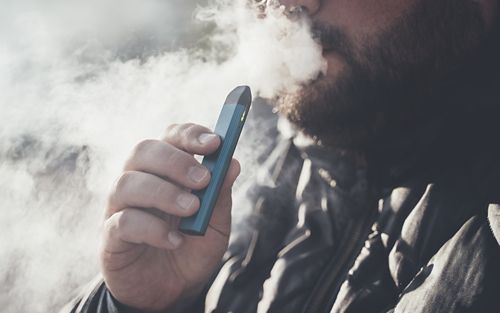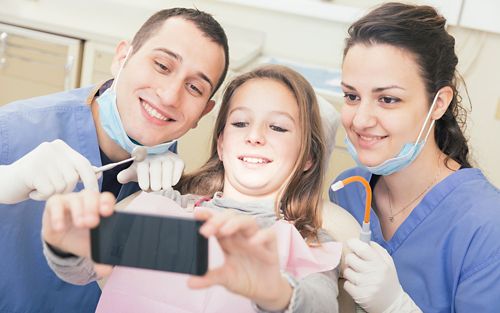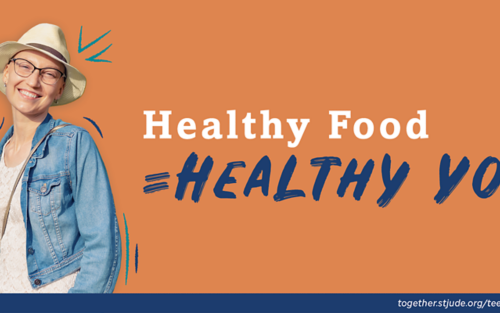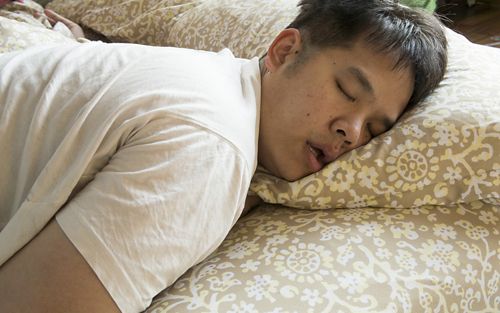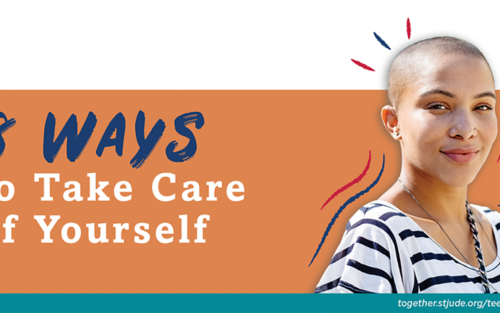Healthy habits can make a big difference in how you feel—now and in the future. This is especially true if you are living with or have survived childhood cancer or another serious illness. Taking care of yourself can help boost your energy, lower your risk of long‑term health problems, and support your emotional well‑being.
On this page, you’ll find practical, evidence‑based tips to care for your body, mind, and spirit. These tips can help you sleep better, eat well, stay active, and manage the challenges that can come with serious illness or survivorship.


